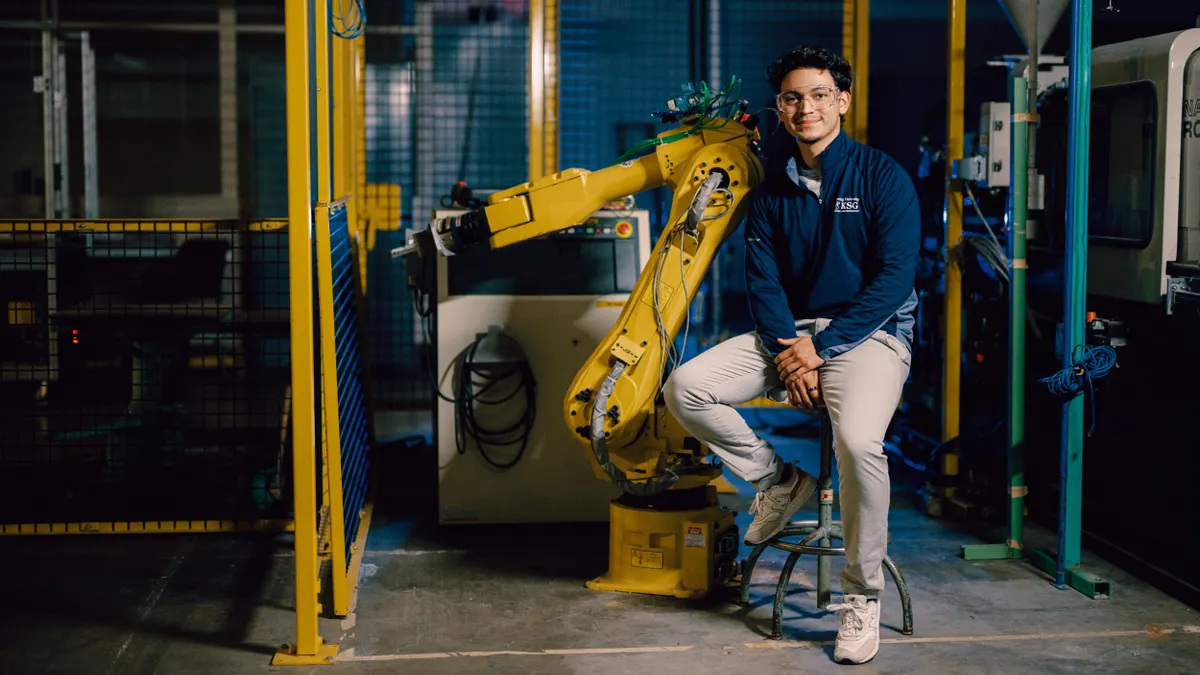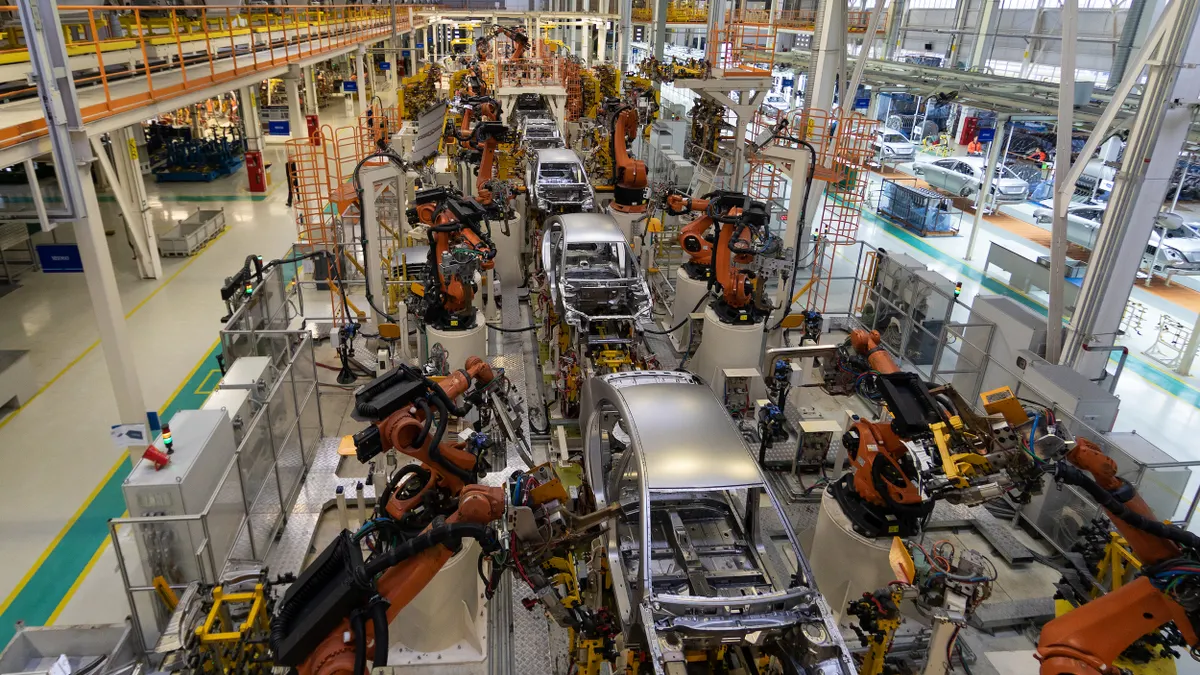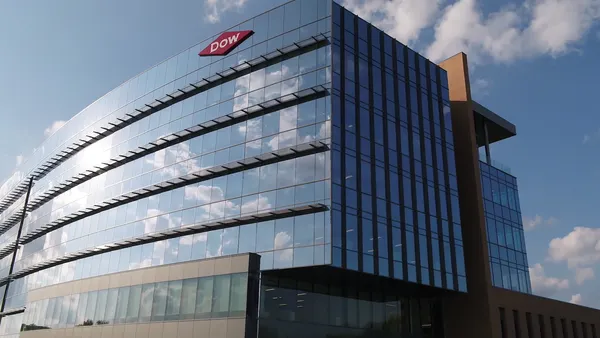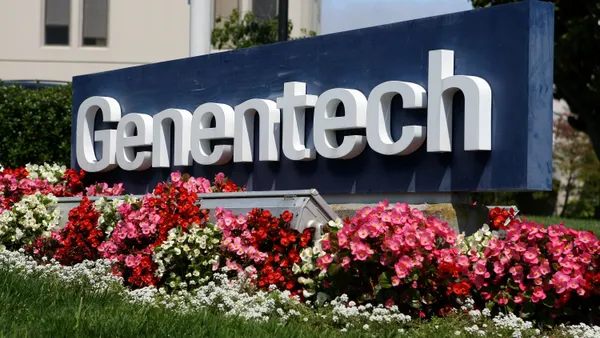Since 1919, Kettering University has pioneered Co-op education, connecting ambitious students with 570+ employer partners across the country and internationally.
The result: a talent pipeline that produces work-ready problem solvers, drives proven business impact and converts into high-performing full-time hires. Here’s why leading companies turn to Kettering Co-ops.
1. Proven business impact
The numbers speak for themselves:
- 102 supported patent applications in the past 14 years
- 1,576 corporate improvements completed as student thesis projects
- $401+ million in documented employer savings
Christian Lopez ’25, an Industrial Engineering major from Canton, Michigan, brought these numbers to life across three countries. With support from a BorgWarner Scholarship, his Co-op rotations spanned Dearborn, Ithaca and Blois, France.
At BorgWarner and PHINIA, Christian designed assembly line parts, optimized warehouses and streamlined operations—contributions that improved efficiency and productivity on a global scale. For employers, that meant measurable improvements to the bottom line; for Christian, it meant professional growth that far exceeded typical student responsibilities.
His reflection captures the experience: “Kettering is more than you think—it exceeded my expectations. I had hands-on work and real responsibilities beyond training. You can’t really see the full value until you come here and make that jump.”
2. Work-ready from day one
Interns cause problems; Kettering students solve them.
Maggie Simons ’25 is a powerful example. Raised in East Detroit, Simon’s drive for science and learning carried her from a high school magnet program to graduating summa cum laude in Chemical Engineering from Kettering University.
At Kettering, she joined Howard & Howard Attorneys as a Co-op and spent more than three years building real experience in intellectual property law. By the time she graduated, she was drafting patent applications, conducting patentability searches and advising on complex cases—responsibilities most law students wouldn’t touch until years later.
Her senior thesis, “Improving Drafting Efficiency for Patent Applications Using Generative Artificial Intelligence,” was so groundbreaking that it earned Kettering’s Outstanding Thesis Award and was kept confidential for its potential applications. Simons also conducted corrosion research funded by General Motors, applying her chemical engineering expertise to a critical industrial challenge.
This fall, Maggie begins law school at Wayne State University on a full-ride merit scholarship. She plans to specialize in intellectual property law with a focus on medical and green technologies, bringing the same problem-solving mindset she honed at Kettering into one of the most dynamic areas of law.
Her perspective: “Kettering encourages students to get involved in industries where they can make a difference.”
3. High-conversion hires
Nearly 60% of Kettering graduates accept full-time positions with their Co-op employer, reducing onboarding risk and accelerating time-to-productivity.
Henry Grasman ’24, M’24, exemplifies that transition. While on Co-op at General Motors, he tackled a technical challenge that demanded persistence and creativity. The result was a novel system so innovative it became a patented technology—earning Henry recognition as a patent holder before graduation.
Upon completing his degrees in Computer Engineering (B.S. and M.S.), Henry joined GM full-time, moving seamlessly from student contributor to professional engineer. For GM, the payoff was clear: a proven innovator already embedded in their culture and processes.
As Henry put it, “The real win at Kettering is the chance to push yourself as much as you can. You come out of it with a well-rounded set of skills.”
The Kettering Difference
Kettering isn’t just preparing students—it’s equipping employers with talent that’s already tested, proven and ready to make an impact. With more than 570 employer partners worldwide and a century-long record of innovation, Kettering Co-ops are shaping the future of industries while giving companies a return on investment that starts on day one.










